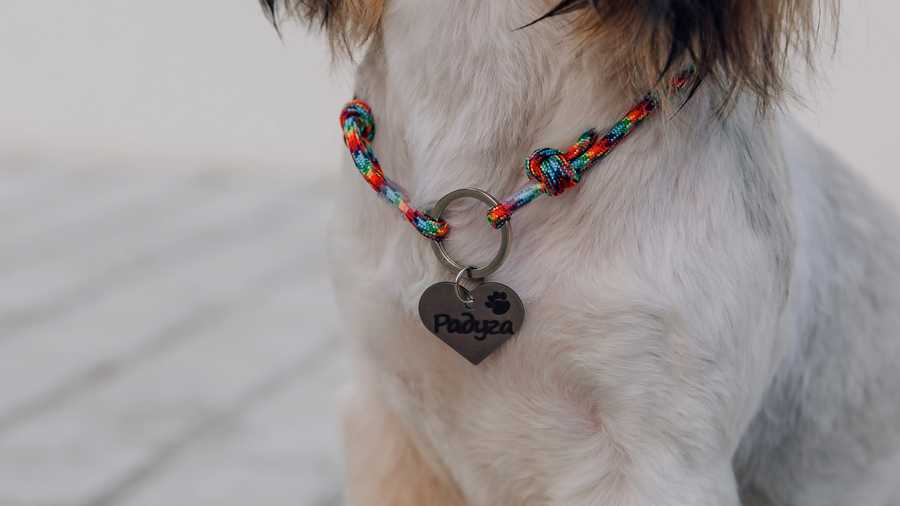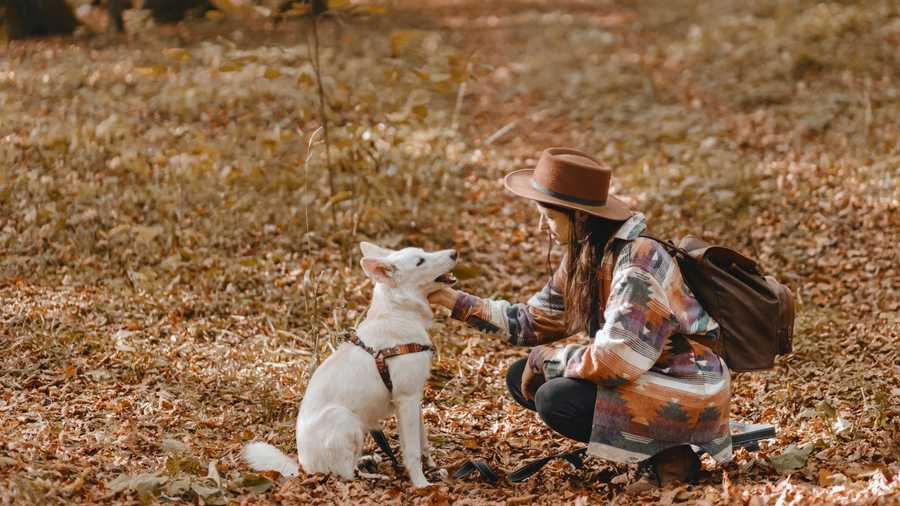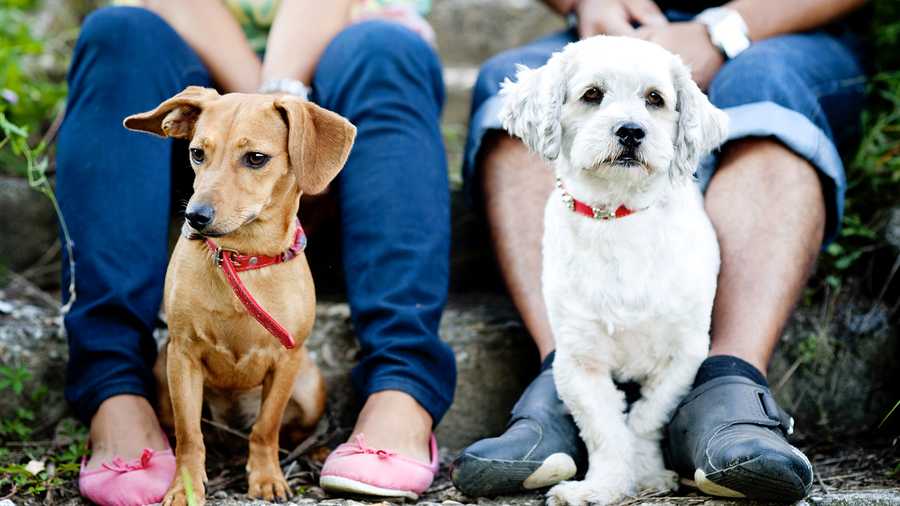Dogs:
Dogs Blog Posts:
Dog Collars
Dogs -
Every dog needs a collar, chiefly because they need something on which to hang their leash, license, ID and rabies vaccination tag. There are so many styles of collar out there that it's easy to get one that reflects your dog's (or your) personality.
Positive Dog Training
Dogs -
Positive dog training means using rewards/positive reinforcement rather than punishment and corrections to train. With positive methods, the dog is guided/lured into doing the behavior and rewarded (usually with a food treat) when he complies. Because harsh methods are not used, training can begin very early, and most puppies quickly learn the basics without ever having their collars jerked or seeing a rolled-up newspaper!
Crate Training Your Dog
Dogs -
Learning how to crate train your dog will require patience. You will need first get your pet comfortable with the crate, then comfortable sitting inside the crate. Only after that will you be able to proceed in building up the duration of time spent inside. It is important to take your time. Rushing here will only make your dog uncomfortable.
Positive Crate Training
Dogs -
Many people refuse to crate or kennel-train their dogs because they feel the confinement is cruel. However, a crate or kennel can give dogs a sense of security. Crate training done correctly is also a highly effective management system that can be a lifesaver for dog owners. Like any training method, crating can be abused, but using a crate for appropriate periods is helpful with various essential goals, including house training, preventing destructive behavior, and teaching a dog to settle and relax.
How To Choose A Dog
Dogs -
If you're thinking about getting a dog and you've never had one, please do some research first. Learn about what's involved in having a dog — basic dog care, medical needs, training and behavior. In particular, ask yourself the following
A Brief History Of Positive Dog Training
Dogs -
Dog training has undergone tremendous changes since the 60s. Researchers such as Scott and Fuller, and Pfaffenberger changed the way people perceived their canine companions and caused many of the old training methods to be questioned.









